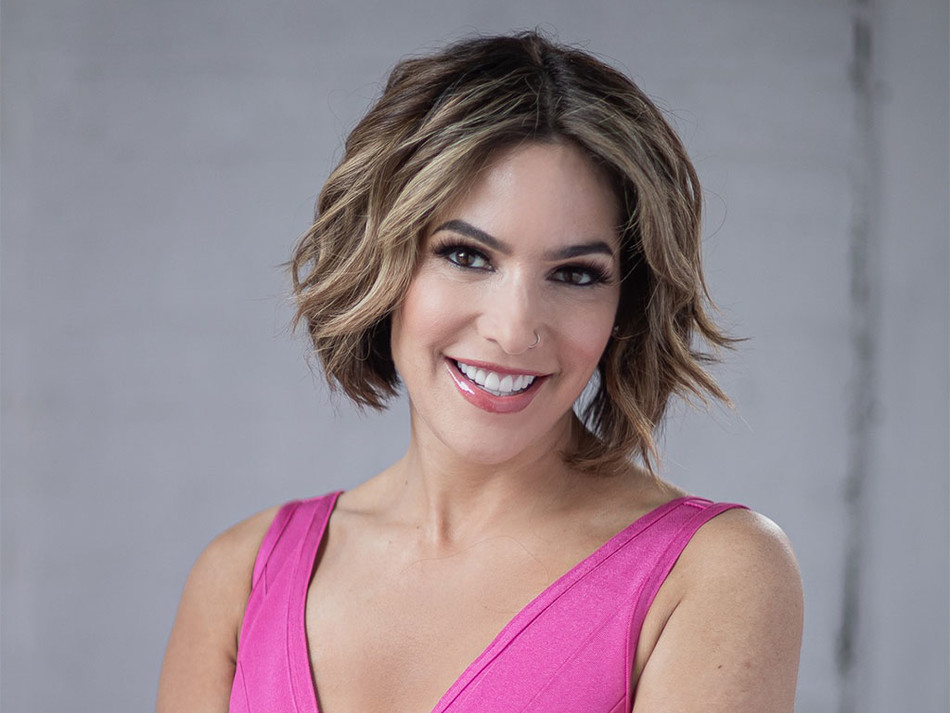Darcy Sterling ’96SW is a clinical social worker and relationship therapist who co-owns the Manhattan practice Alternatives Counseling. She teaches online courses and writes an advice blog, and she previously hosted the E! reality series Famously Single.
Tell us about your work.
While some relationship therapists counsel couples, I counsel individuals. If I can teach one person relationship skills, the entire dynamic of their relationships changes over time. I pride myself on being brutally honest — I will call my clients out when I see them falling into historical patterns. I also assign homework so clients aren’t just thinking about therapy one hour a week but working toward their goals every day.
How do you help clients deal with relationship conflict?
As a therapist, I’m never going to change your organic response to conflict, but I can teach you to work around it. Identifying how your childhood patterns influence your adult relationships is critical. I grew up with a dad who was pretty rageful, so if you start yelling at me during an argument, that’s all I hear. I become so flooded with emotion that I can’t have a productive conversation.
I teach clients how to listen to their partners and let their partners know they are listening. If, during an argument, your partner is repeating herself or raising her voice, it’s because she doesn’t feel heard. But if you start repeating back what she says so she knows you are listening, the conversation slows down. It helps lower blood pressure and heart rate and increase oxygen flow.
It’s important to understand the rules of fair fighting and what you absolutely should not do. For me, it’s cursing. I’m a gritty New Yorker who loves a good F-bomb. But when I’m upset, you’ll never hear profanity come out of my mouth. I’m intense enough as is, so I know that any profanity from me is going to be received very intensely.
Be aware of how you present yourself. Communication skills are not on-and-off switches; they’re dials. My goal is not to turn someone who is very outspoken into somebody who’s muted. I want to teach them how to dial down that part of their personality so that the person they’re talking to can truly hear them.
How does jealousy affect relationships?
Jealousy can cause serious conflict and can manifest in small ways: for example, you text your partner and he doesn’t respond, but then you scroll through social media and see that he’s been posting during that same time. While jealousy as an emotion is perfectly normal, our reactions, and the extent to which our jealousy is tied to deeper issues, can become problematic. The jealous partner will often try to control the other.
Some people have lived with jealousy for so long that they don’t trust themselves to know when something is a legitimate threat or when it’s just in their head. Harboring extreme jealousy can feel like walking with a pebble in your shoe. Most cases require healing your attachment style — the predispositions stemming from childhood that guide how your needs are met in relationships.
What are the pros and cons of online dating?
In the past, your dating pool was limited to your geographic area and social circles. Online dating has blown through those barriers, which has been tremendously beneficial for society.
On the negative side, humans have this thing called choice overload. I get it every time I walk into a discount store and see merchandise in different shapes, sizes, and colors. A similar phenomenon happens with online dating. Seemingly insignificant things that would have been forgiven ten years ago, like being a slow responder to messages, can be the reason why someone moves on. Our attention spans are practically nonexistent.
If you want to be more successful at online dating, check the apps daily and respond to messages. Make sure your profile looks like you care. The same thought you put into your LinkedIn profile should go into your dating profile.
Stop looking for common hobbies with potential partners and drill down on common values. Passion for learning? Desire for novelty and excitement? Being family-oriented? These will help determine how happy you will be in the long run. Your hobbies will look different in your twenties and in your sixties. What will make or break your long-term happiness are the broader values and principles you share.



